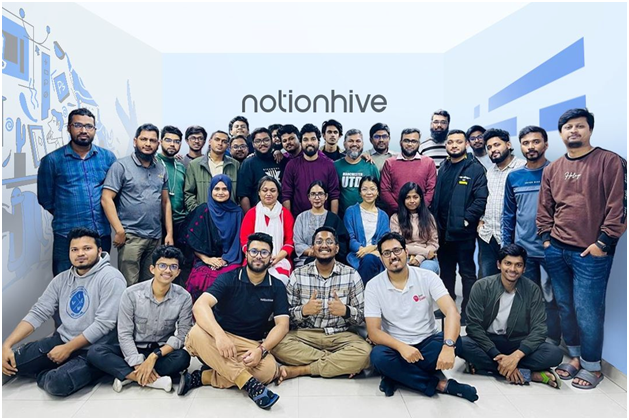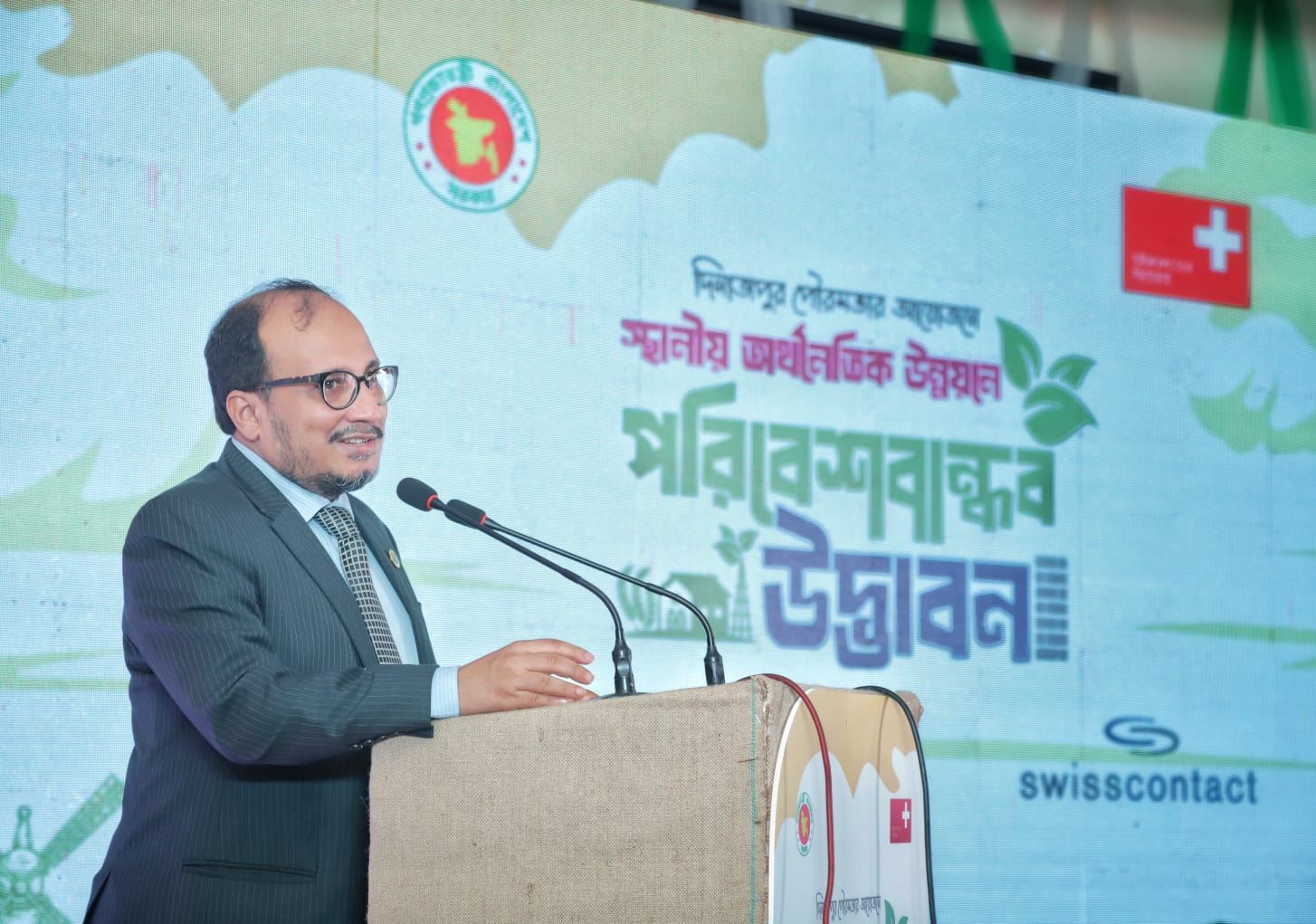
On March 25, 1971, Pakistani troops launched their infamous crackdown on the Bengalis. COURTESY
A nonagenarian aide of Father of the Nation Bangabandhu Sheikh Mujibur Rahman has said the country's founder had relished Bangladesh's impendence hours ahead of his arrest on March 25, 1971, the black night when the Pakistani troops launched their infamous crackdown on the Bengalis.
"From today we are independent," 93-year-old Hazi Golam Morshed recalled Bangabandhu as saying at the late evening of March 25, as he in effect acted as his private secretary in those frenzied days ahead of early 1971 until that black night.
Morshed, more known as Hazi Morshed, passed away in June last year at the age of 93.
Months ahead of his demise, BSS managing editor Anisur Rahman approached him at his Asadgate residence in Dhaka for recalling the events and Bangabandhu's activities on March 25, 1971, at 32, Dhanmondi when he said the father of the future nation predicted his capture before the crackdown began.
But, Morshed said, Bangabandhu preferred to stay at his 32 Dhanmondi residence defying party colleagues and followers' repeated requests throughout the day, expecting that the Pakistani troops would not ruthlessly attack ordinary unarmed Bengalis if they could arrest him, a presumption, which, was eventually proved wrong, however.
"They (Pakistani army) are coming to arrest me. (But) I have decided to stay," he recalled Bangabandhu as saying the words in English.
Minutes later, Morshed said, the army commandos, later revealed to be Pakistan military's elite Special Service Group (SSG) members, arrived at the house creating a sense of horror around firing gunshots.
Morshed recalled that Bangabandhu made his crucial comment around 10:00 pm, sitting alone in his room, eyes closed, while Begum Mujib along with their youngest child Sheikh Russell was the lone family members at the house as he sent away other family members elsewhere apprehending the military attack.
The Bangabandhu aide said a crucial event featured the moments ahead of the army's arrival in aggrieve action mood he received a phone call from an unknown caller seeking to talk to Bangabandhu.
Morshed said the caller just said he called from "Baldha Garden" and needed to talk to Bangabandhu to seek instructions on what he would do now since "the message has been transmitted".
"I yelled at Bangabandhu and conveyed the caller's question keeping the receiver in my hand and Bangabandhu asked me to tell him to go into hiding, demolishing the transmitter . . . I still have no idea about the caller's identity and what his comments meant," he said.
Recollecting his cherished memories of that day half-lying at his bed at his Asadgate house, an ailing Morshed with white beards said throughout that day Bangabandhu met with Awami League leaders and numerous others.
He said even government officers came to seek his directives sensing an ominous scenario, but Tabibur Rahman, a student leader, was Bangabandhu's "last visitor" of the day, who like most others earnestly requested him to go underground to save his life.
"He (Tabibur) hugged him (Bangabandhu) and said 'leave the house immediately, they (Pakistani troops) will kill you ... (in reply) Bangabandhu said "if they don't get me they will massacre all the people and destroy the city," Morshed said.
"In tearful eyes, Tabibur left the house"
Morshed remembered that a senior police officer MA Awwal, who was the then director (general) of para-police Ansar force at that time, was one of the visitors on that day and stood with him on the sidelines as leaders were reviewing the situation inside the house.
At one point, Morhsed said, Bangabandhu asked Awami League leader Barrister Amirul Islam where weapons could be found to resist initially an imminent army crackdown when Awwal suggested Ansars' weapons, kept in the police arsenal, could be used.
Morhsed said student leader Sirajul Alam Khan trashed the proposal, but later Bangabandhu sent Awwal along with Morshed to Dhaka's then police superintendent EA Chowdhury to ask him on his behalf to distribute weapons among policemen to resist the impending military crackdown.
Morshed said after 12 midnight, the skyline glowed with bright lights when Bangabandhu came near him and tried to find out from which side the light was coming, and went upstairs.
He said moments later someone creamed "hands up" while someone else shouted "mat maro (don't kill)" as he stood by the telephone set, kept near the staircase of the house. "In a fraction of a second, someone hit me with something on the back of my head and I lost consciousness. That was the last thing I could recall of that night".
Morshed said he became a fan of his "Mujib Bhai" since the 1946 Azad Hind Captain Rashid Ali Day when Bangabandhu was a student leader in Kolkata. In later years, he became one of his close confides and during the eventful March 1971, he used to stay with Bangabandhu from morning till late night.
Morshed passed school in 1949 and got into MM College in Jessore, where he became a college union leader and later the general secretary of district Muslim Chhatra League, subsequently he was elected a member of the Zila Board in 1953 when his studies stopped.
From 1955 to 62 he was the general secretary of Jessore Awami League. His intimacy with Bangabandhu grew when he settled in Dhaka in 1964 to do business.












0 Comments